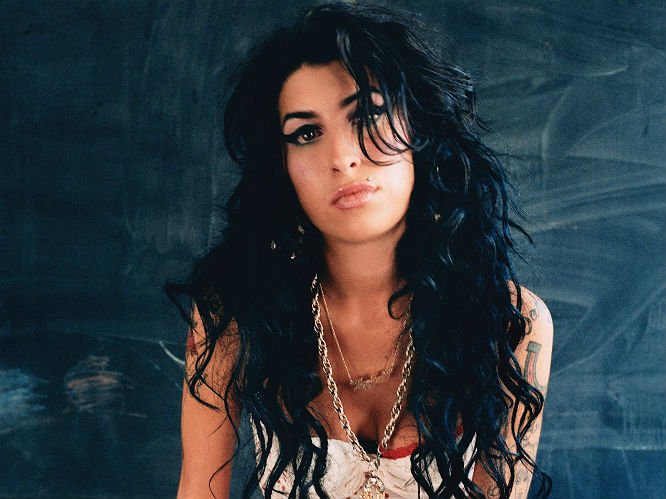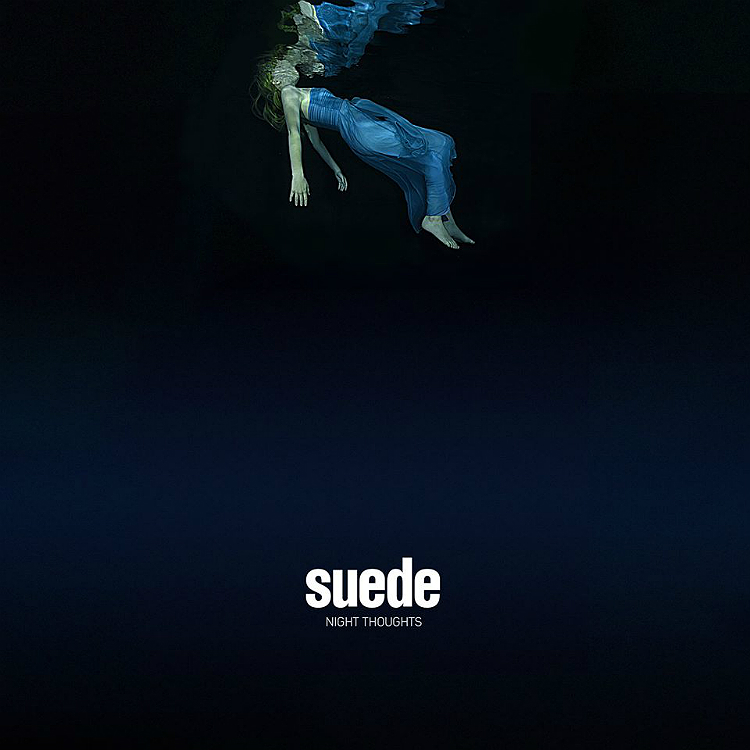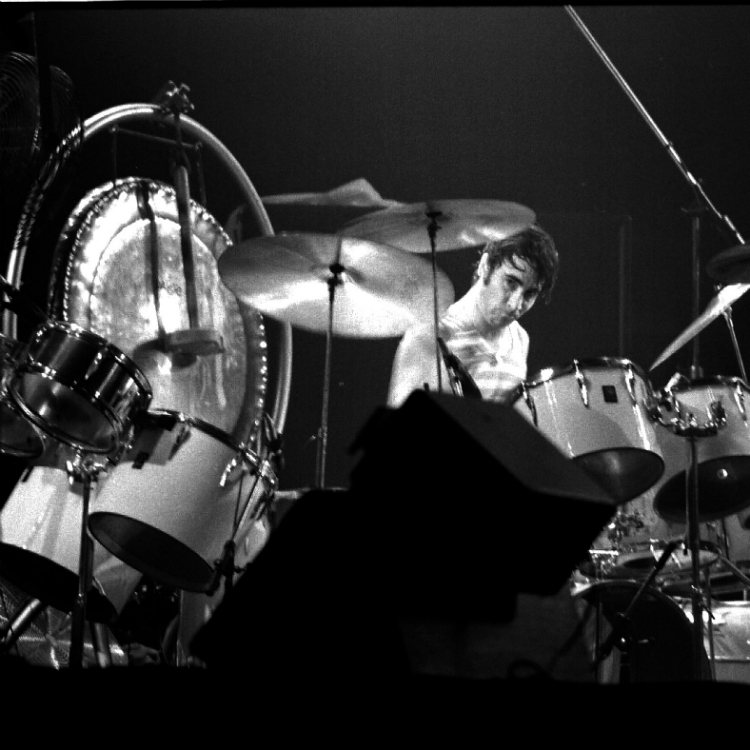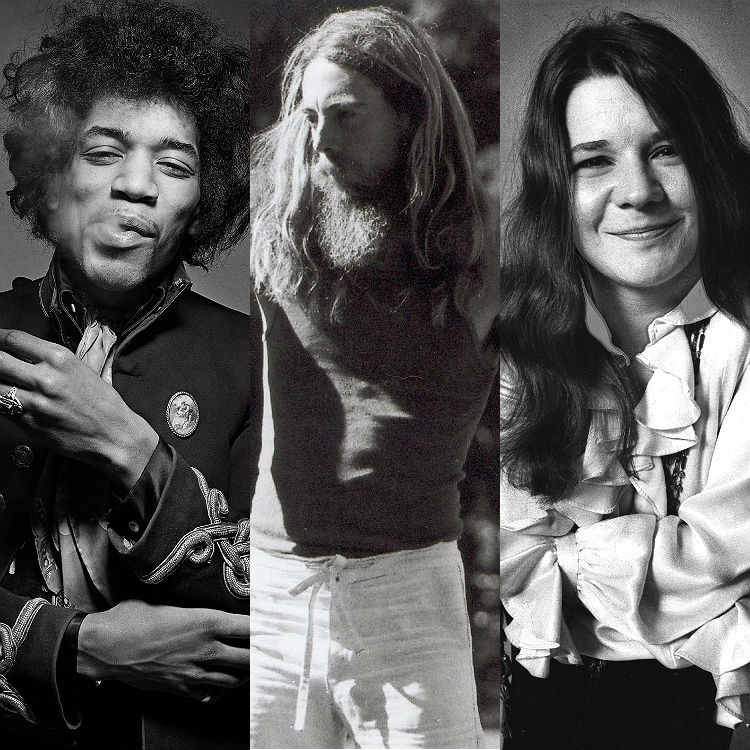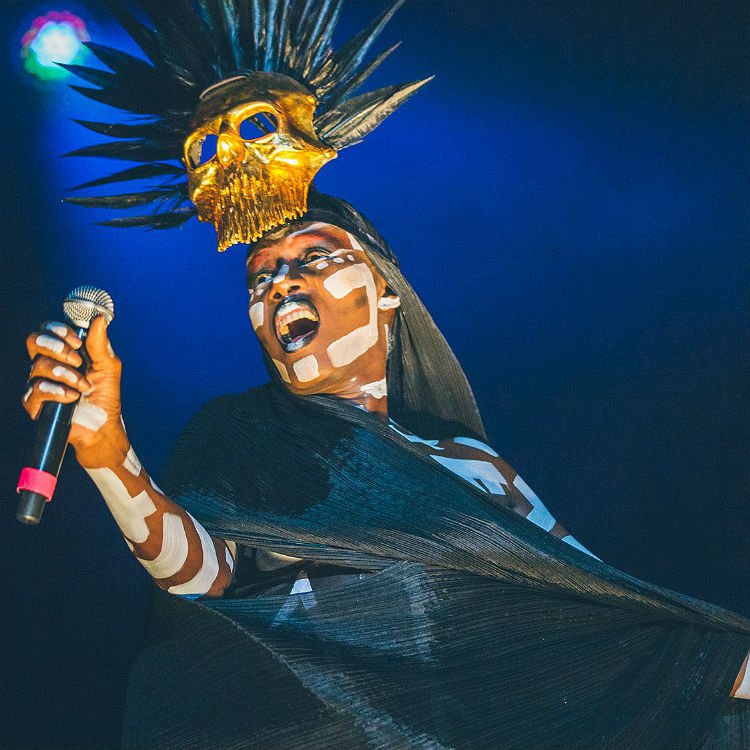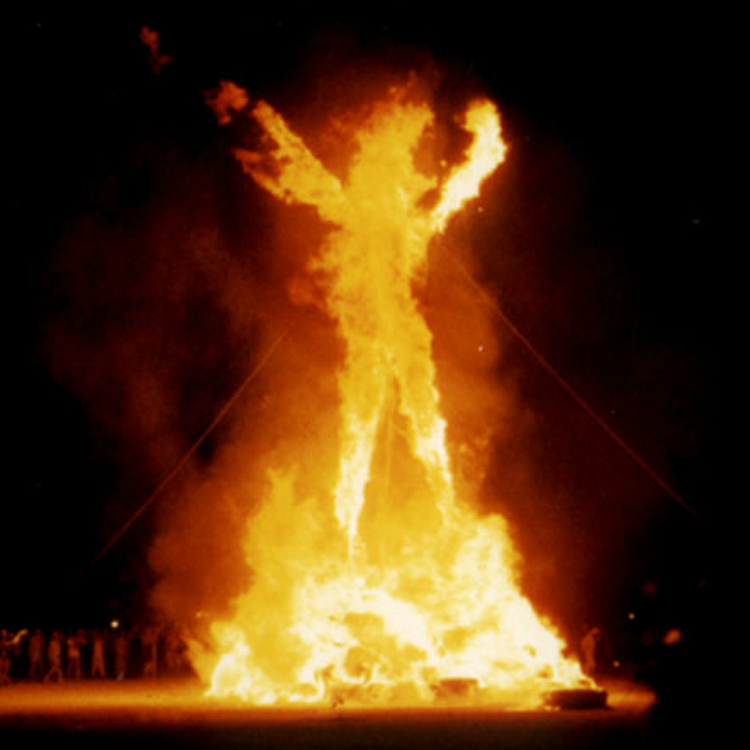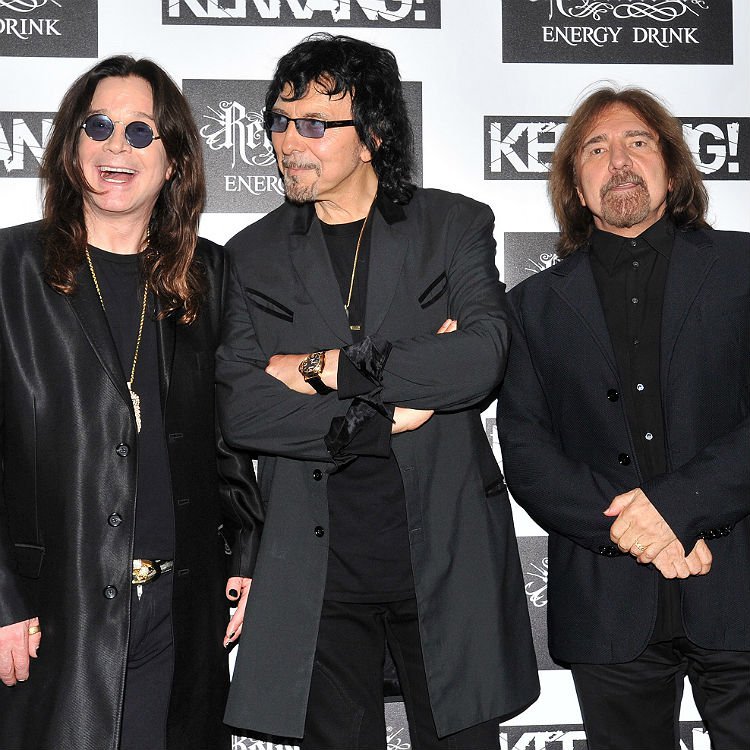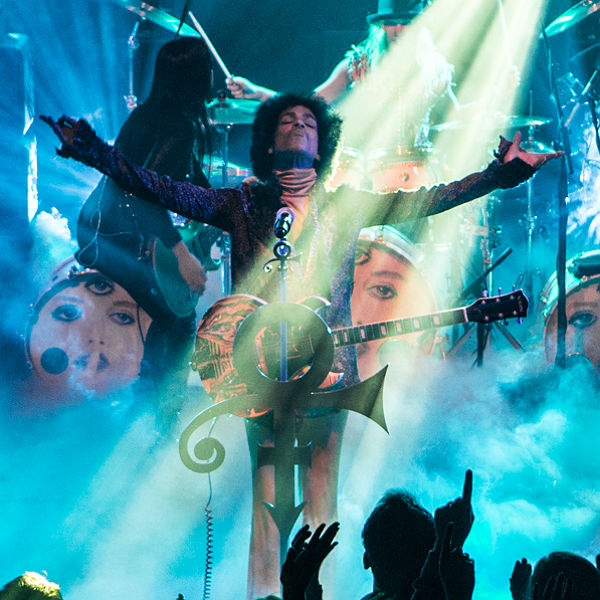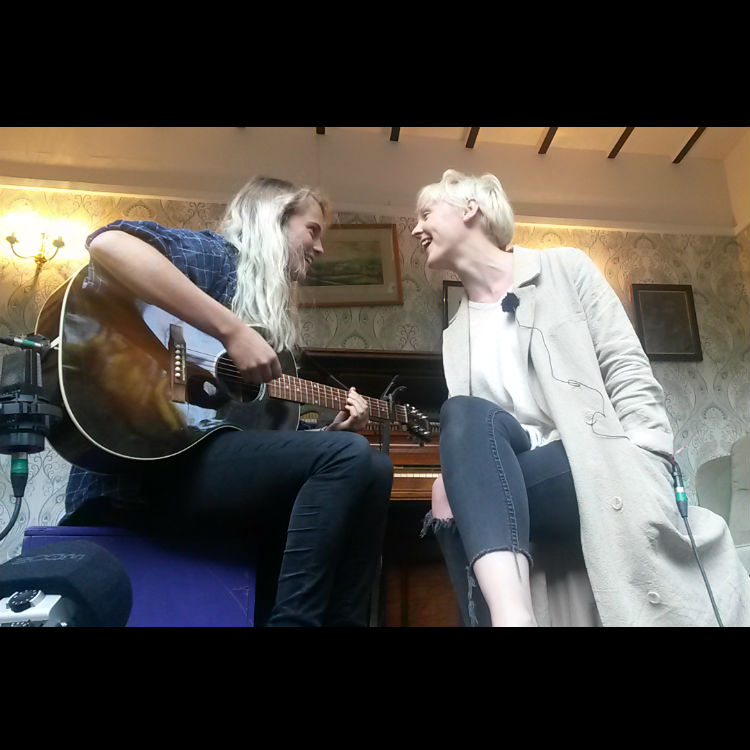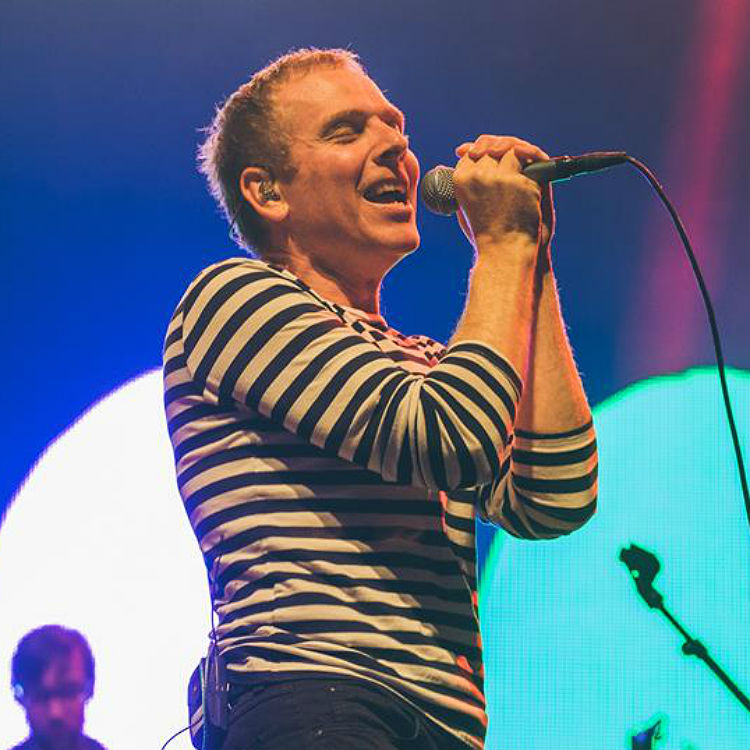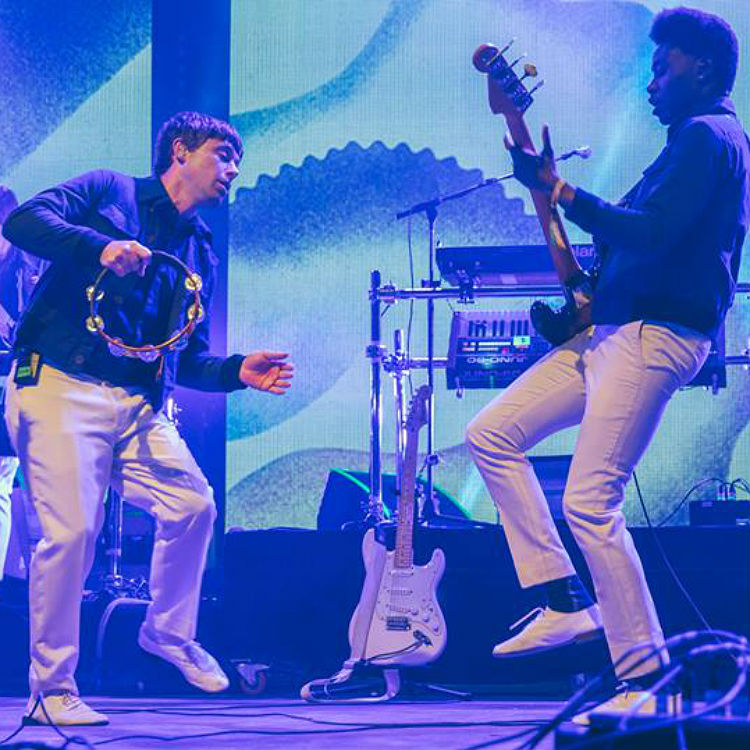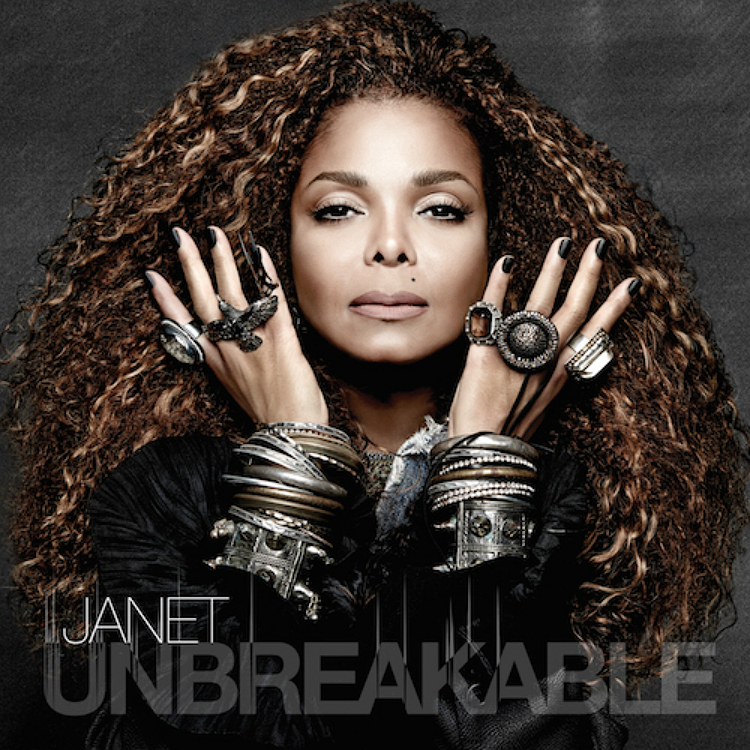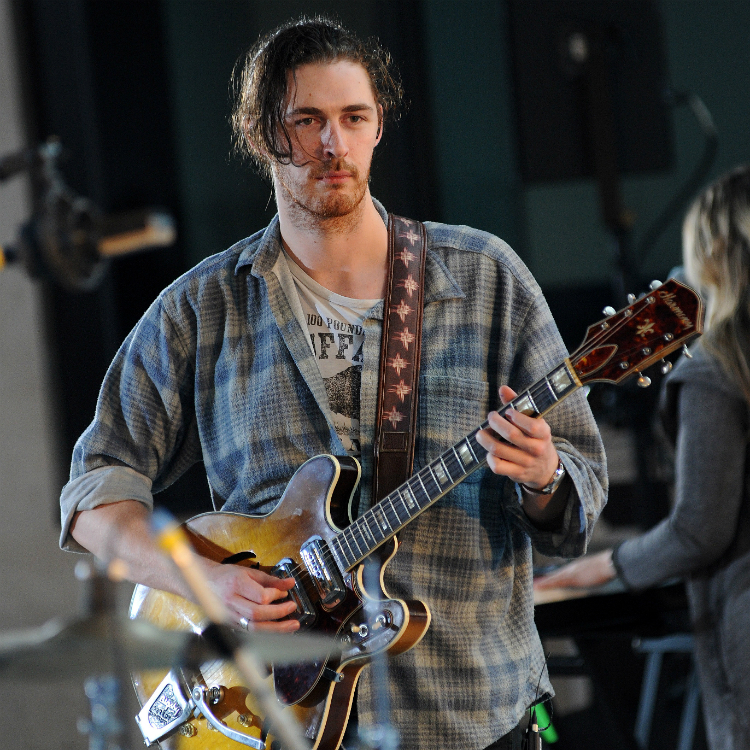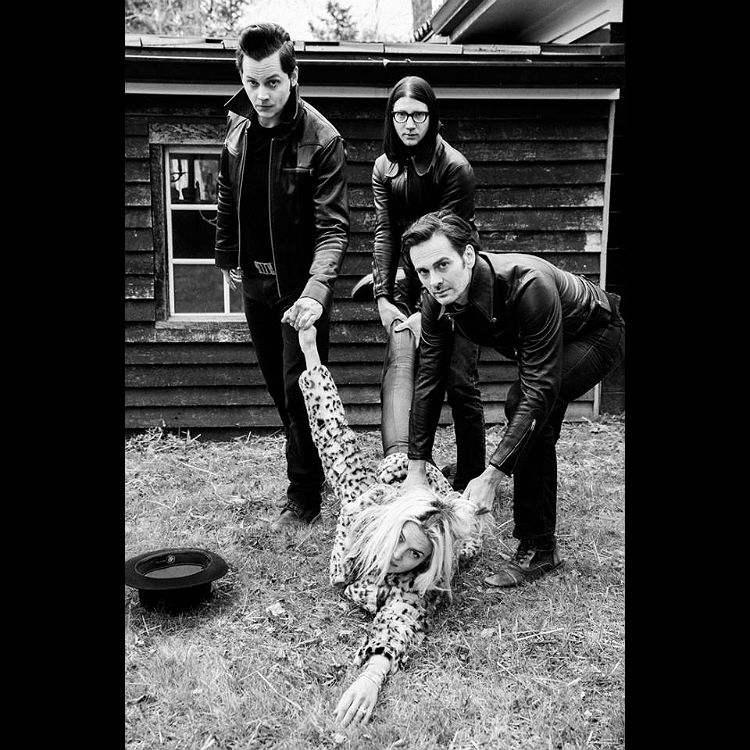 Photo: WENN
Photo: WENN
“If I thought I was famous, I’d go top myself ‘cos that’s fucking scary" - a harrowing message from the Back To Black artist herself, in a dark yet gripping film that gives unprecedented insight into one of the most talented yet troubled stars of her time.
To celebrate the film's cinema release this week, Liz Hainsworth reviews AMY while Andrew Trendell talks to the movie's editor Chris King, backstage at Glastonbury.
“The more people see of me, they’ll realise all I’m good for is making music”, a shy, unassuming, newly signed recording artist, Amy Winehouse explains.
The masses may believe they already know the story of this unique old soul - until they watch this doc. Director Asif Kapadia, and the award-winning team behind Senna present a jarring and ferocious struggle of the real girl behind the tabloids.
“I found out very early on that when Amy had made her mind up, she had made up her mind”, her mother states, giving rise to inertness. At 15, Amy’s battle with eating disorder Bulimia, was brushed off as a phase.
“When she went to Camden things started changing,” specifically, after meeting Blake Fielder at the then infamous Thrash Club. “She said we were twins”, Blake recalls, she said “we sabotage ourselves”. A well documented, extremely co-dependent and explosive relationship takes hold, music is forgotten for a time as Amy discovers, “love is like a real drug, isn’t it?”
To 2005, “I think that’s the moment we lost a key opportunity”, friend Nick explains about (Amy’s mostly absent father,) Mitch’s disregard for this diminishing girl’s need for rehab. Seemingly driven by the promise of her career rather than his daughter’s wellbeing, “it’s Amy’s responsibility to get herself well”, he reasons.
This is one of the most intimate, frank and potent examples of story telling we’ve seen. Told in Amy’s words through never seen before home movie footage and archive interviews, with her friends offering personal insights, filling in the gaps between tabloid fodder and public scrutiny. Kapadia brings a new approach, but no newly recorded footage. Unusually but extraordinarily, there are only audio interviews- impressing the purity of emotion in the spoken words, the weight of their meaning heightened without the distraction of talking heads. The only face with focus, is Amy’s, we are immersed.
Naturally, the soundtrack is exceptional, generous helpings of studio sessions and live performances fill the room, some lyrics appearing on screen simultaneously to great affect.
“She looked like she was sleeping”. Coming full circle, a friend’s footage sees Amy awaken, a funny, laughing, smiling, happy girl. This doc ends on a high, her words ring true, “get something good out of something bad”.
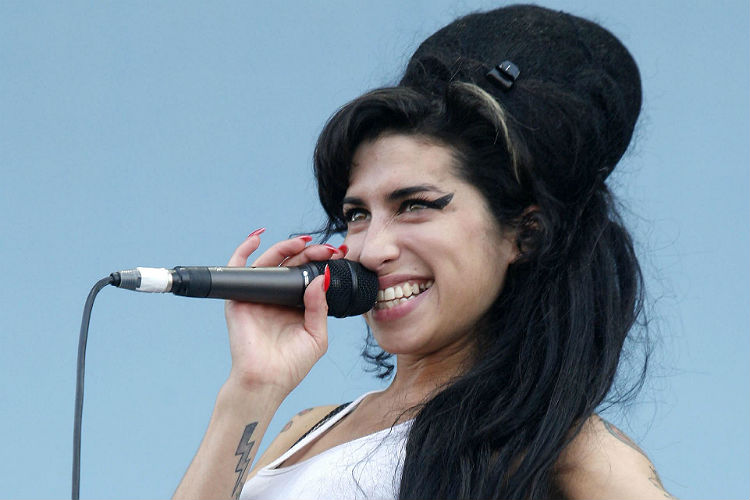
It was at Glastonbury where the film received its UK premiere, with thousands flocking to catch a glimpse of it - to huge acclaim from fans in attendance. We caught up with the film's editor to go behind the scenes of what went into make AMY.
Gigwise: This is such a huge topic to tackle - where do you begin?
Chris: Going into this, none of us really knew much about Amy, beyond a kind of tabloid version of her which everyone was familiar with. Then we spent two really long intensive years building this new picture of here - a more comprehensive and emotional and intimate and revealing picture. Suddenly, being in a tent at Glastonbury with people who saw her here live over 10 years ago, for them to get it, and love it, and really feel her again and see what an amazing talent she was, that's incredibly heartening.
When you say you started with quite minimal knowledge of Amy, what made you want to delve deeper?
We didn't decide to do it randomly, Universal Music, her parent company of Island Records, approached producer James after we made Senna and said 'look, Amy's reputation is too focussed on the bad stuff from the latter years - people aren't appreciating her music. Would you like to do something about Amy like you did with Senna?'
We had some reservations, of course. Anyone who rises that high and falls that dramatically, there's going to be something to tell - but none of us really knew anything about her. We start with a blank canvas and we just start asking questions. Asif (director) likes to interview anybody who had anything to do with her. We interviewed about 100 people. We also sensed that it was a story in a particular time, a time that was really relevant. Celebrity culture was as dominant as it had ever been, and she arrived right at the cusp of it where it had gone digital. TMZ, Perez Hilton and Youtube were really getting massive. I think there was an enormous appetite from the public to see people fail. Fuelled by the tabloids, they were avidly following Amy's descent. All we can do is say 'who is this girl? Let's find out'.
How conscious were you of striking the balance between 'Amy the person', 'Amy the artist' and 'Amy the celebrity'?
Amy the celebrity wasn't really that relevant to us - apart from being part of the story. She's very clear that it was not something she ever craved or bought into. She was a musician. The more interesting side of the film is that the interstitial areas between Amy the personality and Amy the musician was very, very thin. She wrote as a sort of therapy and was very candid about that in her early years.
When she was much more comfortable talking to journalists, she would frequently say 'I write myself out of trouble - when I'm plagued by dark times, as long as I can pick up a guitar and write some music, then it makes me feel better. The relationship with her music was absolutely integral. We didn't realise quite how autobiographical her lyrics were, they were almost like a diary. We use the songs as a diary in the film as part of the narrative. We'd only include something if it fitted in with the narrative, using the songs as signposts - for example there's one moment where she gets back with Blake in the middle of a song.

How close do you think you got to 'Amy as a person'?
She had a circle of very, very close friends, who had basically vowed to never speak to the media after the way she was treated. They were very reticent. Our hardest job was gradually convincing people that we could be trusted and that we were going to tell a fair story and listen to voices that hadn't been heard. The biggest voices until now have been by the media, books by her dad and books by music journalists - all kind of claiming ownership of her. People who were living the story, day-by-day, people living with and around her, had never really said their side of things. We can never see completely what's going on, but I'm guessing that we've found a side of her that the majority of the public have never seen.
How do you react to her father Mitch's criticisms of the film?
Of course, we're not entirely surprised that he didn't like what he saw. Having conflated 10 years of someone's life into two hours, we had to miss a lot of stuff out. We had to make some hard editorial decisions - he felt that we missed out a lot of the bits that he'd have preferred to be in and replaced them with stuff that he hated. We spoke to everybody, and people aren't volunteering, you have to really convince them, then one by one they start talking and voluntarily and the same names, incidents, stories and situations come up again and again and again, you then footage that supports it independently, what are we going to do? Not include it in case it upsets somebody? Our duty is to Amy - every single thing in the film is there to help people understand her better.
I know it's upsetting for a lot of people, a lot of people in this film found out things that they weren't aware of. That can be very uncomfortable. Eventually I'd hope that Mitch would be able to watch the film again and think differently. I'm a father, Asif is a father, the producer is a father, we've all got kids, the thought of losing them is unthinkable. They did love each other and I have to be able to give him that level of sympathy and respect.
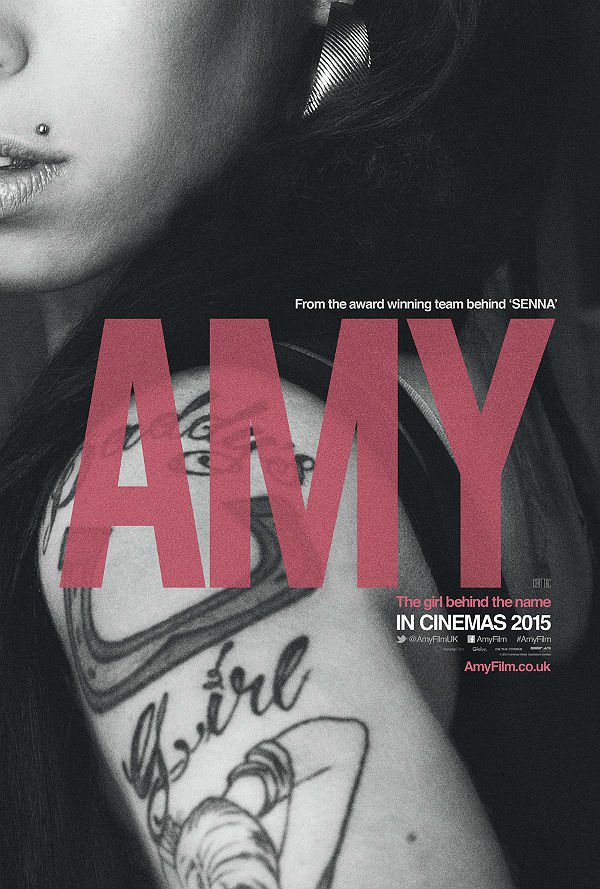
What do think the 'message' of AMY would be?
It's not a simple message, it's quite a complicated one. As a person, she needed music to keep her sane. She was a jazz musician with a deep, deep love of jazz. She really just wanted to play music and was unwittingly thrown into an enormous international celebrity world, which she never courted and didn't want. She couldn't handle it, but she had to try.
The biggest thing is that these people don't come along that often - she was a genuine, world class, British genius. We'll all look at this film in future and say 'we should not bully, deride and take the piss out of people whose talent often goes hand in hand with their vulnerability and think more carefully about that in the future.
She went through a period where she was so addled by illnesses and addictions, bulimia, and more - there were signs of her being able to write again. She was beginning to get her act together at the end and was talking about doing jazz collaborations again with Mos Def, Questlove from The Roots, and a few others. Who knows? A lot of us lose it a bit in our 20s, then later on calm down and settle a little - she did that in an extreme. If she'd have managed just to get through, who knows where she would have been?
AMY is in cinemas now.


